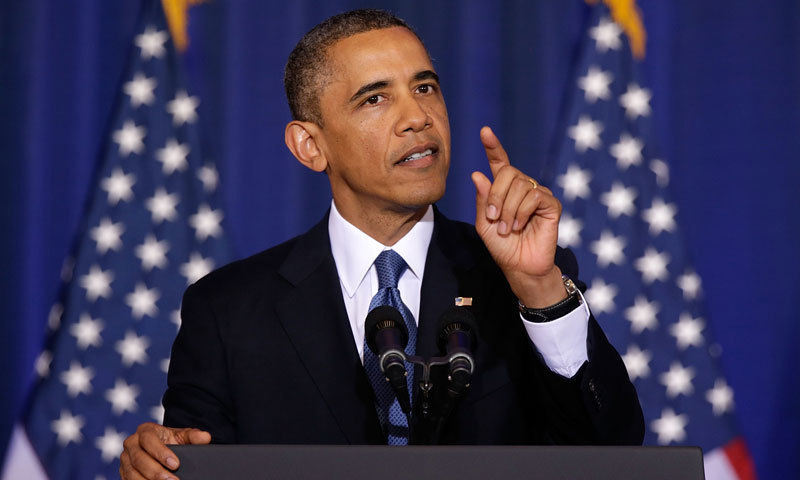Lol. So much angst. And such flights of fancy. Hahaha. Civilizational unity? Lol. Yea, we've seen that too. Except civilizations are based on race/ethnicity not religion. Hence the Persian civilization is distinct from the Arab civilization. You don't fit in either despite trying to hang onto its coattails. Grab an Afghan Abdali, grab a Gujarati Jinnah, grab a language from Central India as your national language and dream of Ummah whilst the Arabs don't give you time of day. Is there any part of present day Pak which has at some point not been ruled by Hindus or Sikhs or Brits?
LOL, again---you misrepresent my post when I
specifically mentioned this
So you deflected from the topic of "existence of Ummah" to topic of "Political unity in Ummah"....Nobody claimed Ummah today is politically united. All I claimed is that Muslim Ummah exists and is a civilizational reality.
Where did I talk about 'unity' of Ummah? I just talked about the existence of Ummah, which is a fact...the likes of you can hate it for all you like but cant do much lol. There is a reason Erdogan is probably more popular among 200 million Indian Muslims than Modi

And yet, you brought in the "unity" gibberish because I pretty much embarrassed your notion that Ummah does not exist. How sad and pathetic you have to be to repeat and misrepresent my point again and again just so you can write a post

And no, transnational civilizational identities aren't based on race and ethnicity only. Otherwise, how would you explain Greeks and Swedes having European civilizational identity, even though both are completely different genetically, racially, linguistically, and so on?
Supranational civilizational identities are based on shared values, cultures, and most importantly transnational identities based on a common denominator.
Here's some education for you
Islam is not a creedal religion, it is a
legalistic religion-- a civilizational force of itself.
It has its own laws, personal behavioral code of conduct, its political principles and mechanisms, and even certain parameters for dress-code for individual. It explicitly organizes the interaction of individual and society. All of this makes Muslims not just random followers of a religion, but also "a specific people" with their own unique identity no matter where they are on planet Earth.
For example, Muslims have a universal greeting for interacting with other Muslims- "Asslam-o-Alaikum". No matter who you are, and where you are, you will know this greeting.
Muslims, no matter where they are, follow same rules about divorce, inheritance, food, and diet, and heck!, even personal hygiene. They have a same and very codified structure of Islamic rituals that each Muslim know by heart..no matter if he is Nigerian or Indonesian..It has is own universal language of prayer and religious studies (Arabic)..It is kind of like in military..soldiers have their own "soldier culture", distinct from outside world and easily identifiable with. Turkish girls, Iranian girls, Indonesian girls, Indian girls, and Central Asian girls etc couldn't be further in terms of behavior, geography etc...but they all wear Hijab, in its own unique manifestations. Or take ramadan for example. Muslims, no matter in what part of the globe, refrain from eating or drinking anything from sun set to sun rise and they do it for a month!
Such structured observance creates a very strong connection between different humans undergoing this type of practice at the same time without the restraint of geography or nationality. This connection is something akin to "connection" one feels being a part of a national level team--where its "us" and "them" (not in a negative way so to speak). Or take Islamic doctrine of Adhan and five prayers a day. In Islamic countries and communities, the time itself is structured in a similar fashion. Whether you are a Muslim living in Indonesia or a Muslim living in Kazakhstan, you will hear five calls to prayer (in same language irrespective of geography) designated to be delivered at particular times of day. This itself divides your day into 5 sections and no matter where you live--your experience of time is standardized. Again--this type of structure makes the people experiencing it more than just "nominal followers"..it makes them an identity of their of own. A single, universal identity. To put it simply, Islam makes its followers a specific/unique "peoples" sharing one overlapping universal identity (kind of like how "europeans/Americans" have an identity of being "westerners").
Even at the very genetic and racial level, Muslims can be categorized as a non-monophyletic group/peoples (just like the Jews). Unlike Christians or Hindus---Jews and Muslims are a specific people and also a religious community. Biologist and geneticist J.F Gariepy observes that people who carry Islam reproduce within themselves in such a pattern that makes Muslims sort of a unique non-monophyletic group (In evolutionary context, a non-monophyletic group is a group that is uniquely similar in genetic and cultural code but does not originate from one common ancestor). Over the centuries, Muslim populations have been selected through in-group reproduction to be particularly receptive of the Islamic belief system.
Even great social/historical scholars of Islam like Bernard Lewis have noticed that Muslims reproduce within themselves as "Muslims" rather than reproducing within their cultural/racial groups like other groups such as Christians etc. For example, Bernard noted, a Muslim Iraqi living in Iraq will find more in common with a Muslim Turk rather than marrying and reproducing with a Christian Iraqi. Whereas in other places, such as Europe or America, people marry and reproduce in mostly racial groups (whites marrying whites---without religious affilation being the most significant part of reproductive decision).
You can see J.F Gariepy explaining his views about why Muslims are a specific people like Jews in the video below.
(Start at 33:30)
All of this shows that Islam, other than being a spiritual religion, is a civilization of its own. It makes many different identities into one super-nation that can be called as 'Islamic People'. Religions like Christianity or Hinduism don't. They have varying and contradicting
core doctrines, practices, and many different 'holy' books etc.
To understand Islam, Judaism and Jews are a good example as it is the closest religion to Islam in terms of theological underpinnings and ritual practice. Other than nationalities, Jews are also a specific 'people' or define themselves as such broadly. You know why? Because Judaism is also a 'legalistic' religion and not a creedal one.
Btw, a quick experiment for you: Go to Youtube and see major news outlets like BBC reporting Pak shooting down Indian Jets on 27th Feb. See the comments....the comments are filled with joyful Algerians, Sudanese, Lebanese, Egyptians, Indonesians, Malaysians etc siding with Pak and supporting Pak military.
Take a wild guess why would that be?

Because like them, we are also Muslims. We are part of a same Ummah that exists transnationally (and yes, it is divided politically right now---just like Europeans were divided politically for centuries and killed each other on massive scales....but it doesn't negate the existence of a specific European civilizational identity across borders. Same goes for Islam).










 Because like them, we are also Muslims. We are part of a same Ummah that exists transnationally (and yes, it is divided politically right now---just like Europeans were divided politically for centuries and killed each other on massive scales....but it doesn't negate the existence of a specific European civilizational identity across borders. Same goes for Islam).
Because like them, we are also Muslims. We are part of a same Ummah that exists transnationally (and yes, it is divided politically right now---just like Europeans were divided politically for centuries and killed each other on massive scales....but it doesn't negate the existence of a specific European civilizational identity across borders. Same goes for Islam).